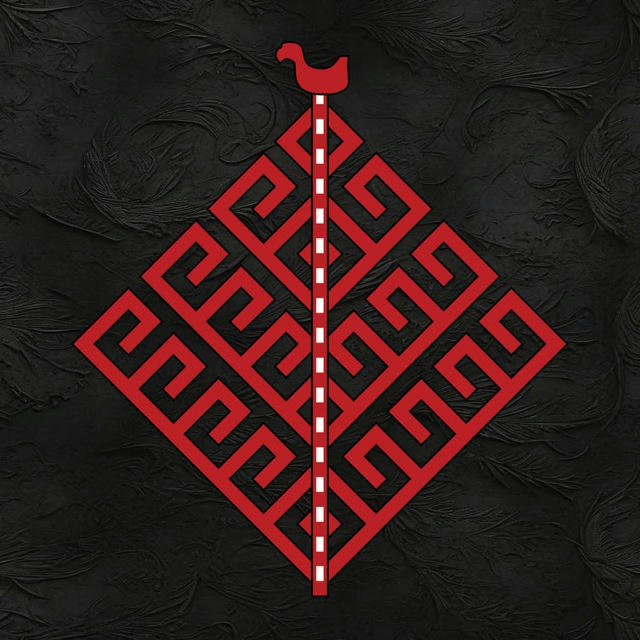
Folkish Worldview
- Subscribers
- Post coverage
- ER - engagement ratio
Data loading in progress...
Data loading in progress...
Holy Shit Kyle you’re still going on with this? Allright let’s play a game. Let’s say you are correct in all that you just said… Problem is there are no communities in the sense you’re talking about that warrant a Gothar or apply to any dynamic you have described. You are really putting the cart in front of the horse here bud. I have met “Gothar” and have brought Folk around them. They walk right past them and ask where they are. Shouldn’t they know by presence? Those same people that get dismissed and leave normal people confused as to why they are in charge habitually abuse power. The weak don’t understand power plain and simple. A leader should lead, not boss people around . It’s an unspoken dynamic throughout recorded history go ahead and fact check me there Bucko. Very few modern iterations of that position exist today. Sure a bunch have titles, but no one respects them or anything they say. The attempt for a small few to try and exert influence and dominance over this religion over the internet is paradoxical…
Your current plan allows analytics for only 5 channels. To get more, please choose a different plan.
